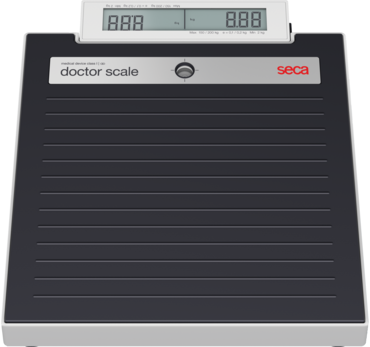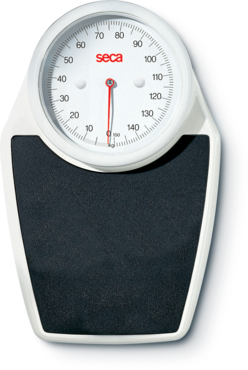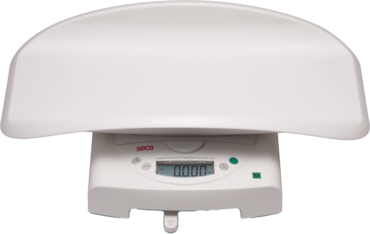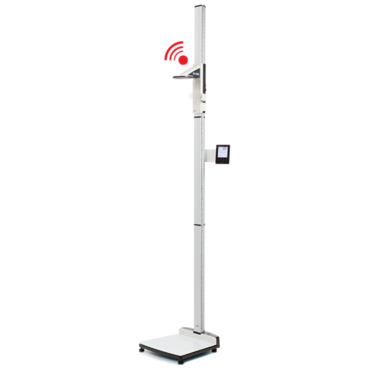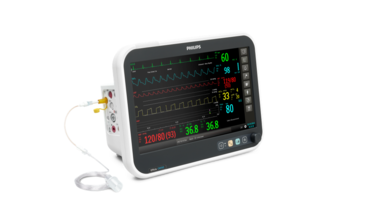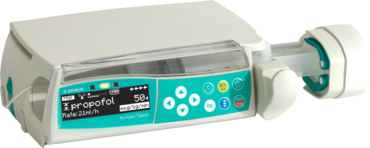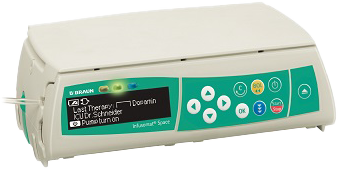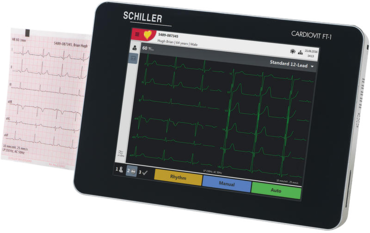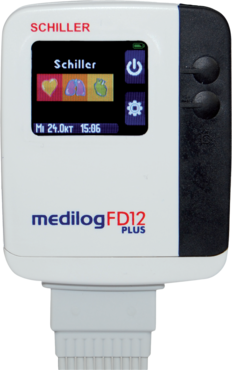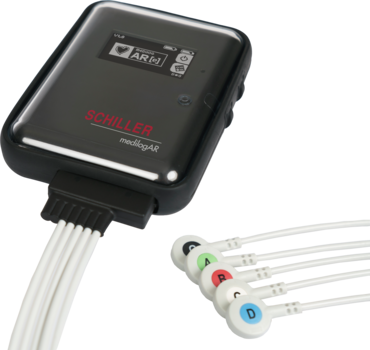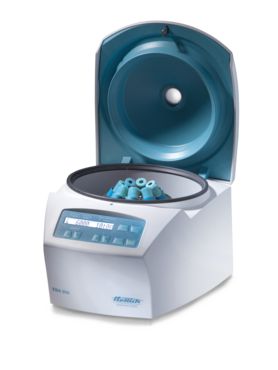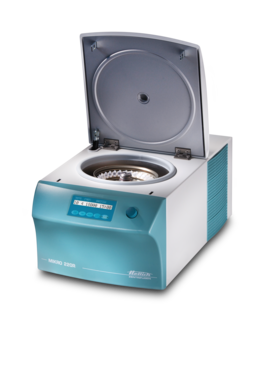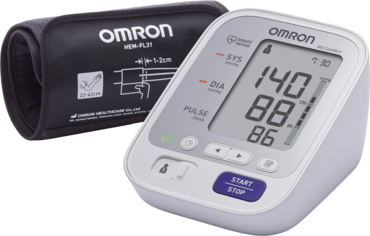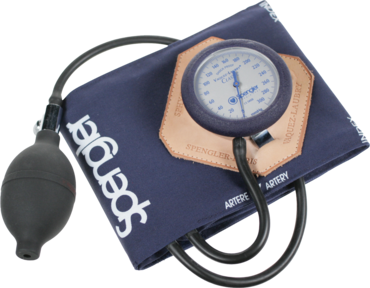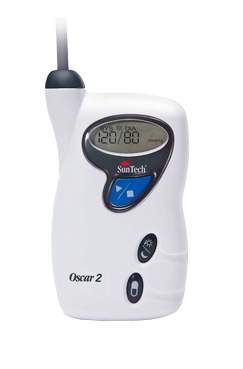Medical Weight Scales
Medical Weight Scales
We offer mechanical or electronic medical weight scales with various display options. These are part of the standard equipment needed for patient evaluation.
Description
A weight scale is a piece of medical equipment used for measuring human weight. It is used in routine medical examinations, clinical tests and experiments as a “go to” equipment for patient evaluation (weights, BMI).
Scales can be mechanical or electronic and a few display options can be selected (single display, double display). Height measurement systems can be integrated to weight scales for automatic BMI calculation.
Tips
Help us find the right product for your needs!
Important points to consider before choosing a weight scale are:
- the maximum weight to measure
- the type of patients (adult, children, neonatal)
- the precision required by the protocol or procedures
Faqs
– How often should a weight scale be calibrated?
Annual calibration is usually recommended on medical weight scales.
Project
Set-up
Tell us more about the needs of your project and we'll design a custom solution for you.
know more